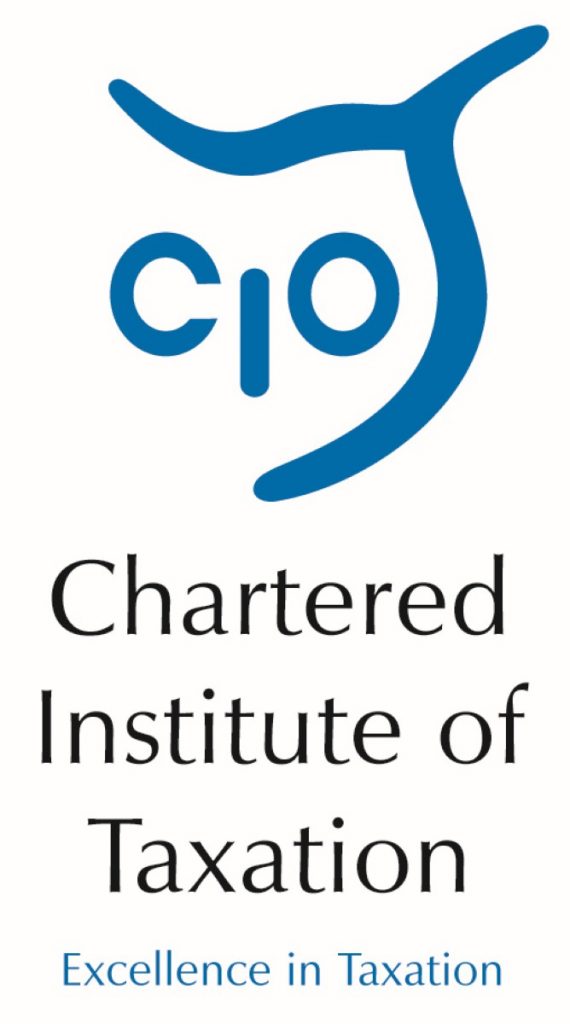The announcement in today’s Scottish draft budget that Scottish taxpayers will start paying the 40p higher rate of income tax at a lower point than taxpayers elsewhere in the UK will mean businesses across the UK will need to adjust their systems, the Chartered Institute of Taxation (CIOT) has warned.
Scotland’s Finance Secretary Derek Mackay confirmed today that the Scottish Government would restrict increases in the rate at which people start paying the higher rate of income tax to inflation only. This compares with the UK Government’s proposal to increase the point at which people across the rest of the UK start paying the 40p rate to £50,000 by 2020/21.
Commenting on the announcement, John Cullinane, CIOT’s Tax Policy Director, said:
“While the Scottish Government has had income tax powers for some years, this will be the first time that they have used them to create different rates between Scotland and the rest of the UK.
“This won’t just be an issue for employers in Scotland, it will also affect any employer outside of Scotland who either has or is looking to hire employees living in Scotland earning at or above the new Scottish higher rate threshold.
“While these plans remain subject to the approval of the Scottish Parliament, if passed, they will require a big information campaign to make employers based outside of Scotland aware of these changes and what they mean for them.”
Notes to editors
1. From April 2017, the Scottish Parliament will assume responsibility for further powers over income tax, enabling it to determine the rates and thresholds for income tax on non-savings and non-dividend income. It will not have control over the tax-free personal allowance, which remains reserved to the UK Government or other aspects of income tax such as reliefs, deductions or what counts as taxable income.
2. Further powers over Air Passenger Duty and Aggregates Levy are also to be devolved through the 2016 Scotland Act. In addition, the Scottish Parliament will be assigned half of the share of VAT receipts collected in Scotland.
3. From April 2016, the Scottish Parliament has had the power to set a Scottish Rate of Income Tax; it set the rate equivalent to 10p in the pound across the basic, higher and additional rates, meaning income tax rates are the same in 2016/17 for Scottish taxpayers as for those in the rest of the UK.
4. From 2015, the Scottish Parliament has had control over the design and setting of taxes on land and property (Land and Buildings Transaction Tax) and landfill tax (Scottish Landfill Tax). These powers were devolved through the 2012 Scotland Act (The taxes were enacted by Acts of the Scottish Parliament – Land and Buildings Transaction Tax (Scotland) Act 2013 and Landfill Tax (Scotland) Act 2014 and the Revenue Scotland and Tax Powers Act 2014).
5. Powers over Council Tax and Business Rates have been devolved to the Scottish Parliament since 1999.
6. The Chartered Institute of Taxation (CIOT)
The CIOT is the leading professional body in the United Kingdom concerned solely with taxation. The CIOT is an educational charity, promoting education and study of the administration and practice of taxation. One of our key aims is to work for a better, more efficient, tax system for all affected by it – taxpayers, their advisers and the authorities. The CIOT’s work covers all aspects of taxation, including direct and indirect taxes and duties. Through our Low Incomes Tax Reform Group (LITRG), the CIOT has a particular focus on improving the tax system, including tax credits and benefits, for the unrepresented taxpayer.
The CIOT draws on our members’ experience in private practice, commerce and industry, government and academia to improve tax administration and propose and explain how tax policy objectives can most effectively be achieved. We also link to, and draw on, similar leading professional tax bodies in other countries. The CIOT’s comments and recommendations on tax issues are made in line with our charitable objectives: we are politically neutral in our work.
The CIOT’s 18,000 members have the practising title of ‘Chartered Tax Adviser’ and the designatory letters ‘CTA’, to represent the leading tax qualification.
Contact: Hamant Verma, External Relations Officer, (HVerma@ciot org.uk; 020 7340 0569 or 07740 477 374). Out of hours contact: George Crozier (07740 477 374)





-01.png)